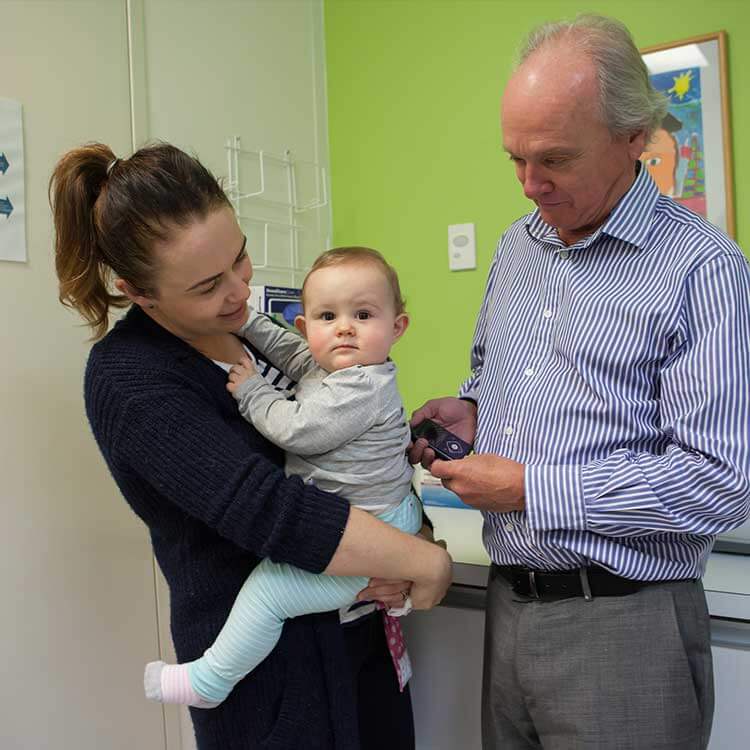Search
Research
Acceptability, feasibility, and program outcomes of an equity-focused, adapted community-based healthy lifestyle program for children, young people, and their familiesInternational guidelines recommend multidisciplinary intervention programs for addressing childhood obesity. In Western Australia, community-based healthy lifestyle programs for children and young people are insufficient for demand, especially for those over-represented in obesity statistics relating to prevalence. This protocol outlines the implementation and evaluation of an adapted, evidenced, community-based program in Perth, Western Australia.
Research
Hybrid Closed-Loop Versus Manual Insulin Delivery in Adults With Type 1 Diabetes: A Post Hoc Analysis Using the Glycemia Risk IndexGlycemia risk index (GRI) is a novel composite metric assessing overall glycemic risk, accounting for both hypoglycemia and hyperglycemia and weighted toward extremes. Data assessing GRI as an outcome measure in closed-loop studies and its relation with conventional key continuous glucose monitoring (CGM) metrics are limited.
Research
In safe hands: child health data storage, linkage and consent for useWhile there is potential for societal benefit from linkage and integration of large datasets, there are gaps in our understanding of the implications for children and young people, and limited inclusion of their views within this discourse. We aimed to understand the views and expectations of children, young people and their parents/caregivers in Aotearoa New Zealand regarding child health data storage, linkage and consent for use.
Research
Physical activity management for youth with type 1 diabetes: Supporting active and inactive childrenRegular physical activity and exercise are important for youth and essential components of a healthy lifestyle. For youth with type 1 diabetes, regular physical activity can promote cardiovascular fitness, bone health, insulin sensitivity, and glucose management. However, the number of youth with type 1 diabetes who regularly meet minimum physical activity guidelines is low, and many encounter barriers to regular physical activity.
Research
Digenic Congenital Hypogonadotropic Hypogonadism Due to Heterozygous GNRH1 p.R31C and AMHR2 p.G445_L453del VariantsA 28-year-old man with congenital hypogonadotropic hypogonadism (CHH) was found to be heterozygous for the GNRH1 p.R31C mutation, reported in the literature as pathogenic and dominant. The same mutation was found in his son at birth, but the testing of the infant at 64 days confirmed the hormonal changes associated with minipuberty.


News & Events
Smooth sailing for Drina thanks to burden-breaking technologyRecent diabetes technology is helping 12-year-old Drina keep on top of her condition and be independent, while significantly easing the disease burden on her family.

News & Events
What life is like living with type 1 diabetesEvery decision a child with type 1 diabetes makes can impact on their blood glucose levels.
Research
Clustering of psychosocial symptoms in overweight childrenThe aims of the present study were to (i) examine the relationship between children's degree of adiposity and psychosocial functioning; and (ii) compare patterns of clustering of psychosocial measures between healthy weight and overweight/obese children.

The Children's Diabetes Centre's research into Type 1 diabetes, childhood onset Type 2 diabetes and obesity aims to improve the lives of children and adolescents affected by these conditions.
